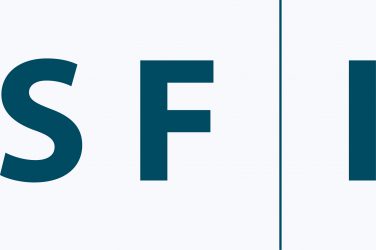Scientific lead: Prof. Dr. Patrick Meurs, Prof. Dr. Tamara Fischmann
Project coordination: M.Sc. Psych. Tom Degen
Research associate: Dipl.-Psych. Felicitas Hug
Assisted by: Terry Meyer
Funded by: IDeA centre
Duration: 09/20 – 08/21
In the project „SOGREV“, a socio-pedagogical group program for children and adolescents who are receiving individual ambulant support from the Youth Welfare Office is being implemented and evaluated in cooperation with a Frankfurt youth welfare organization. Due to various circumstances (dysfunctional family systems, socially precarious living conditions, psychological abnormalities) these children often have great difficulty establishing contact with peers, although they long for this kind of interaction in many cases. Problems in the social domain are consolidated by social anxiety, as this can quickly lead children to withdraw (cf. de Ljister et al., 2018, Spence & Rapee, 2016). A particular difficulty is that such withdrawal reinforces insecurities and anxiety, as children now are even less exposed to regular social contact (cf. Johnston & Iarocci, 2017). Anxiety disorders are also among the most common childhood disorders (Essau, NcNicol, Doubleday, 2006, cited in Göttken, et al., 2014), as more than 5% of all children in Germany meet the criteria for such a disorder at least once over a certain period of time. This percentage is likely to be significantly higher among the children studied and supported by the „SOGREV“ project, as problematic behaviors or family problems are already known here. Due to the corona crisis and associated exit and contact restrictions, anxiety and other forms of stress were significantly increased, especially in the group of children from socially precarious backgrounds, as initial results of the COPSY study by Ravens-Sieberer et al. (2020) have already shown. Based on these results, they argue for target group-specific and low-threshold prevention offers (ibid., p. 829) in order to intercept the stresses which have arisen as fast as possible.
The pedagogical concept of the groups mainly includes leisure activities which take place on weekends. The individual offers have superordinate and subordinate goals in order to support the children and adolescents in their development. Superordinate goals are the reduction of anxiety and the improvement of relationship-relevant aspects with peers. Subordinate goals may include getting to know the neighborhood, sparking new interests, or becoming more confident with social media. All offers are designed to give the children and adolescents pleasure in dealing with peers and security in the group. The implementation of the groups is to begin as soon as it is safe and ethically justifiable in view of the infection rates.
The implementation of the groups is the responsibility of the youth welfare agency, whereas the Sigmund Freud Institute scientifically evaluates the effectiveness of the group offerings for further professional development.
